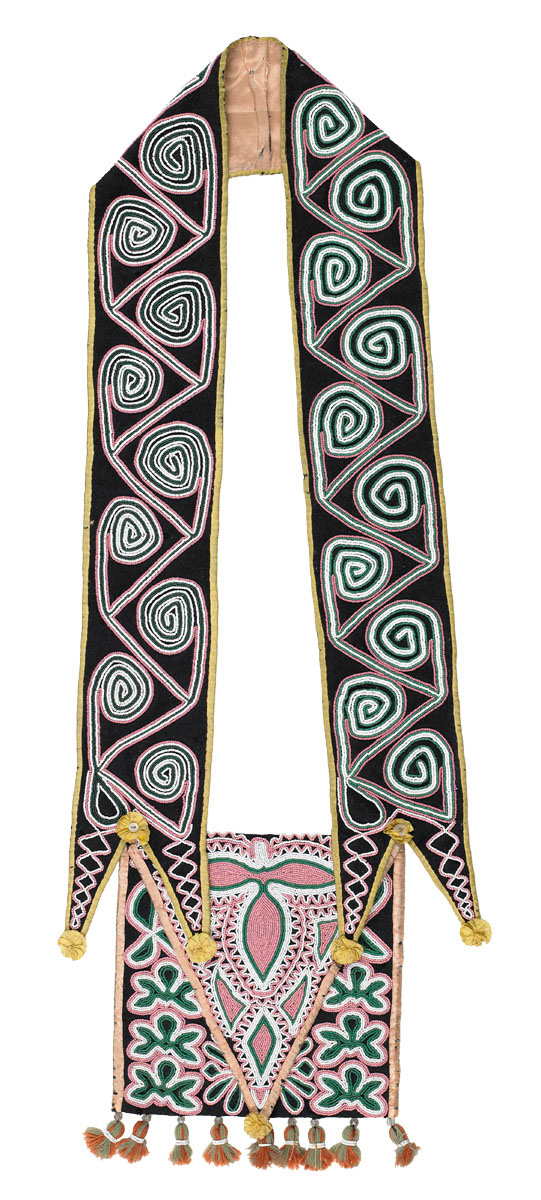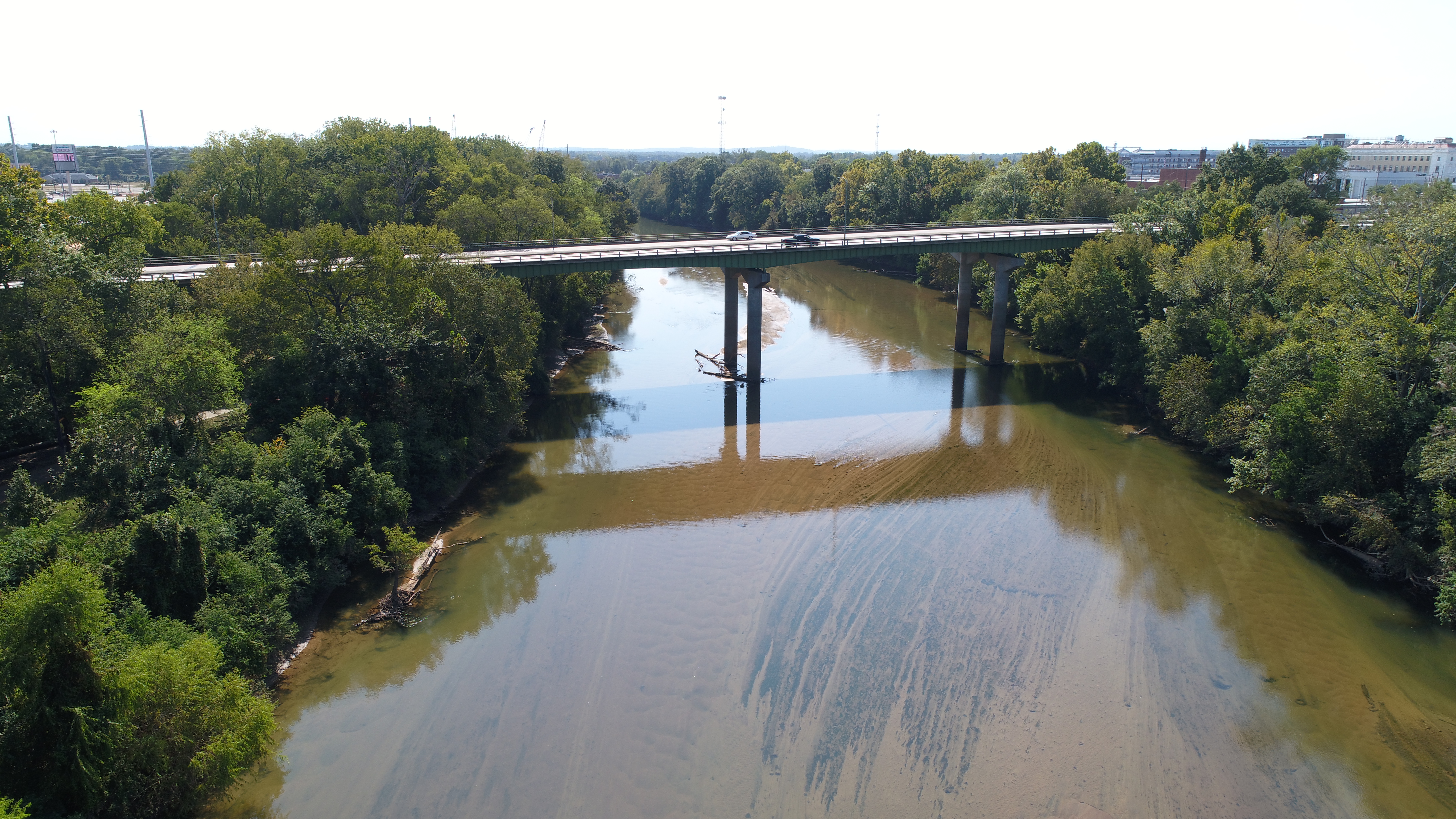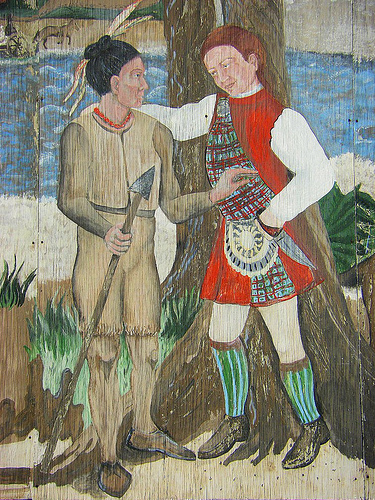|
Hitchiti
The Hitchiti ( ) were a historic indigenous tribe in the Southeast United States. They formerly resided chiefly in a town of the same name on the east bank of the Chattahoochee River, four miles below Chiaha, in western present-day Georgia. The natives possessed a narrow strip of good land bordering on the river. The Hitchiti had a reputation of being honest and industrious. Their autonym was possibly ''Atcik-hata'', while the Coushatta knew them as the ''At-pasha-shliha'', "mean people". Under pressure from European Americans, the Hitchiti moved into Florida. While some survived there, others signed a treaty for their land in exchange for lands in Indian Territory, and were forced west. English "Hitchiti" was Spanish "Achito". Location The Hitchiti are often associated with an area in present-day Chattahoochee County. But at an earlier period, they occupied land on the lower course of the Ocmulgee River. Early English maps show their town on the site where present-day Macon, ... [...More Info...] [...Related Items...] OR: [Wikipedia] [Google] [Baidu] |
Apalachicola (tribe)
Apalachicola (sometimes Palachacola) was the name of a Native American town and chiefdom, and of the people living in it, and of a group of towns associated with it, located along the lower part of the Chattahoochee River in present-day Alabama and Georgia. The Spanish called the association of towns the Apalachicola Province. It is believed that before the 17th century, the residents of all the Apalachicola towns spoke the Hitchiti language, although other towns whose people spoke Muscogee relocated among the Apalachicolas along the Chattahoochee River in the middle- to later- 17th century. All of the Apalachicola towns moved to central Georgia at the end of the 17th century, where the English called them "Ochese Creek Indians". They moved back to the Chattahoochee River after 1715, with the English then calling them "Lower Creeks" ("Lower Towns of the Muscogee Confederacy"), while the Spanish called them "Ochese". Origins In the first half of the 17th century, a number of tow ... [...More Info...] [...Related Items...] OR: [Wikipedia] [Google] [Baidu] |
Hitchiti Language
The Mikasuki, Hitchiti-Mikasuki, or Hitchiti language is a language or a pair of dialects or closely related languages that belong to the Muskogean languages family. Mikasuki was spoken by around 290 people in southern Florida. Along with the Cow Creek Seminole dialect of Muscogee, it is also known as Seminole. It is spoken by members of the Miccosukee tribe and of the Seminole Tribe of Florida. The extinct Hitchiti was a mutually intelligible dialect. Hitchiti was one of the many Muskogee languages spoken by tribes of the loose Muscogee Confederacy, and is considered by many scholars to be the ancestor of the Mikasuki language. It was spoken in Georgia and eastern Alabama in the early historic period, with speakers moving into Florida during the 18th and 19th centturies. Hitchiti was the language of tribal towns such as the Hitchiti, Chiaha, Oconee, Okmulgee, Sawokli, and Apalachicola. Based on the number of place names that have been derived from the language, scholars be ... [...More Info...] [...Related Items...] OR: [Wikipedia] [Google] [Baidu] |
Muscogee
The Muscogee, also known as the Mvskoke, Muscogee Creek, and the Muscogee Creek Confederacy ( in the Muscogee language), are a group of related indigenous (Native American) peoples of the Southeastern WoodlandsTranscribed documents Sequoyah Research Center and the American Native Press Archives in the . Their original homelands are in what now comprises southern , much of , western |
Creek People
The Muscogee, also known as the Mvskoke, Muscogee Creek, and the Muscogee Creek Confederacy ( in the Muscogee language), are a group of related indigenous (Native American) peoples of the Southeastern WoodlandsTranscribed documents Sequoyah Research Center and the American Native Press Archives in the United States of America. Their original homelands are in what now comprises southern Tennessee, much of , western |
Seminole
The Seminole are a Native American people who developed in Florida in the 18th century. Today, they live in Oklahoma and Florida, and comprise three federally recognized tribes: the Seminole Nation of Oklahoma, the Seminole Tribe of Florida, and the Miccosukee Tribe of Indians of Florida, as well as independent groups. The Seminole people emerged in a process of ethnogenesis from various Native American groups who settled in Spanish Florida beginning in the early 1700s, most significantly northern Muscogee Creeks from what is now Georgia and Alabama. The word "Seminole" is derived from the Muscogee word ''simanó-li''. This may have been adapted from the Spanish word ''cimarrón'', meaning "runaway" or "wild one". Seminole culture is largely derived from that of the Creek; the most important ceremony is the Green Corn Dance; other notable traditions include use of the black drink and ritual tobacco. As the Seminole adapted to Florida environs, they developed local tradi ... [...More Info...] [...Related Items...] OR: [Wikipedia] [Google] [Baidu] |
Ocmulgee River
The Ocmulgee River () is a western tributary of the Altamaha River, approximately 255 mi (410 km) long, in the U.S. state of Georgia. It is the westernmost major tributary of the Altamaha.Ocmulgee River '''' (August 9, 2004). It was formerly known by its name of Ocheese Creek, from which the Creek (Muscogee) people derived their name. The Ocmulgee River and its tributaries provide |
Yamasee
The Yamasees (also spelled Yamassees or Yemassees) were a multiethnic confederation of Native Americans who lived in the coastal region of present-day northern coastal Georgia near the Savannah River and later in northeastern Florida. The Yamasees engaged in revolts and wars with other native groups and Europeans living in North America, specifically from Florida to North Carolina. The Yamasees, along with the Guale, are considered from linguistic evidence by many scholars to have been a Muskogean language people. For instance, the Yamasee term "Mico", meaning chief, is also common in Muskogee. After the Yamasees migrated to the Carolinas, they began participating in the Indian slave trade in the American Southeast. They raided other tribes to take captives for sale to European colonists. Captives from other Native American tribes were sold into slavery, with some being transported to West Indian plantations. Their enemies fought back, and slave trading was a large cause o ... [...More Info...] [...Related Items...] OR: [Wikipedia] [Google] [Baidu] |
Creek Nation
The Muscogee Nation, or Muscogee (Creek) Nation, is a federally recognized Native American tribe based in the U.S. state of Oklahoma. The nation descends from the historic Muscogee Confederacy, a large group of indigenous peoples of the Southeastern Woodlands. Official languages include Muscogee, Yuchi, Natchez, Alabama, and Koasati, with Muscogee retaining the largest number of speakers. They commonly refer to themselves as Este Mvskokvlke (). Historically, they were often referred to by European Americans as one of the Five Civilized Tribes of the American Southeast.Theodore Isham and Blue Clark"Creek (Mvskoke)" ''Encyclopedia of Oklahoma History and Culture.'' Accessed Dec. 22, 2009 The Muscogee Nation is the largest of the federally recognized Muscogee tribes. The Muskogean-speaking Alabama, Koasati, Hitchiti, and Natchez people are also enrolled in this nation. Algonquian-speaking Shawnee and Yuchi (language isolate) are also enrolled in the Muscogee Nation, alth ... [...More Info...] [...Related Items...] OR: [Wikipedia] [Google] [Baidu] |
Miccosukee
The Miccosukee Tribe of Indians of Florida is a federally recognized Native American tribe in the U.S. state of Florida. They were part of the Seminole nation until the mid-20th century, when they organized as an independent tribe, receiving federal recognition in 1962. The Miccosukee speak the Mikasuki language, which is mutually intelligible with the Hitchiti language, is considered its dialect, and is also spoken by many Florida Seminole. Historically, the Miccosukee trace their origins to the Lower Chiaha, one of the tribes of the Creek Confederacy in present-day Georgia. Under pressure from European encroachment in their territory, they migrated to northern Florida in the early 18th century, where they became part of the developing Seminole nation.Pritzker, p. 390. By the late 18th century, the British recorded the name Miccosukee or Mikasuki as designating a Hitchiti-speaking group centered on the village of Miccosukee in the Florida Panhandle. Like other Seminole gr ... [...More Info...] [...Related Items...] OR: [Wikipedia] [Google] [Baidu] |
Mikasuki
The Miccosukee Tribe of Indians of Florida is a federally recognized Native American tribe in the U.S. state of Florida. They were part of the Seminole nation until the mid-20th century, when they organized as an independent tribe, receiving federal recognition in 1962. The Miccosukee speak the Mikasuki language, which is mutually intelligible with the Hitchiti language, is considered its dialect, and is also spoken by many Florida Seminole. Historically, the Miccosukee trace their origins to the Lower Chiaha, one of the tribes of the Creek Confederacy in present-day Georgia. Under pressure from European encroachment in their territory, they migrated to northern Florida in the early 18th century, where they became part of the developing Seminole nation.Pritzker, p. 390. By the late 18th century, the British recorded the name Miccosukee or Mikasuki as designating a Hitchiti-speaking group centered on the village of Miccosukee in the Florida Panhandle. Like other Seminole gro ... [...More Info...] [...Related Items...] OR: [Wikipedia] [Google] [Baidu] |
Creek Language
The Muscogee language (Muskogee, ''Mvskoke'' in Muscogee), also known as Creek, is a Muskogean language spoken by Muscogee (Creek) and Seminole people, primarily in the US states of Oklahoma and Florida. Along with Mikasuki, when it is spoken by the Seminole, it is known as Seminole. Historically, the language was spoken by various constituent groups of the Muscogee or ''Maskoki'' in what are now Alabama and Georgia. It is related to but not mutually intelligible with the other primary language of the Muscogee confederacy, Hitchiti-Mikasuki, which is spoken by the kindred Mikasuki, as well as with other Muskogean languages. The Muscogee first brought the Muscogee and Miccosukee languages to Florida in the early 18th century. Combining with other ethnicities there, they emerged as the Seminole. During the 1830s, however, the US government forced most Muscogee and Seminole to relocate west of the Mississippi River, with most forced into Indian Territory. The language is today s ... [...More Info...] [...Related Items...] OR: [Wikipedia] [Google] [Baidu] |
Guale
Guale was a historic Native American chiefdom of Mississippian culture peoples located along the coast of present-day Georgia and the Sea Islands. Spanish Florida established its Roman Catholic missionary system in the chiefdom in the late 16th century. During the late 17th century and early 18th century, Guale society was shattered by extensive epidemics of new infectious diseases and attacks by other tribes. Some of the surviving remnants migrated to the mission areas of Spanish Florida, while others remained near the Georgia coast. Joining with other survivors, they became known as the Yamasee, an ethnically mixed group that emerged in a process of ethnogenesis. Language Scholars have not reached a consensus on how to classify the Guale language. Early claims that the Guale spoke a Muskogean language were questioned by the historian William C. Sturtevant. He has shown that recorded vocabulary, which sources had believed to be Guale, was Creek, a distinct Muskogean ... [...More Info...] [...Related Items...] OR: [Wikipedia] [Google] [Baidu] |






